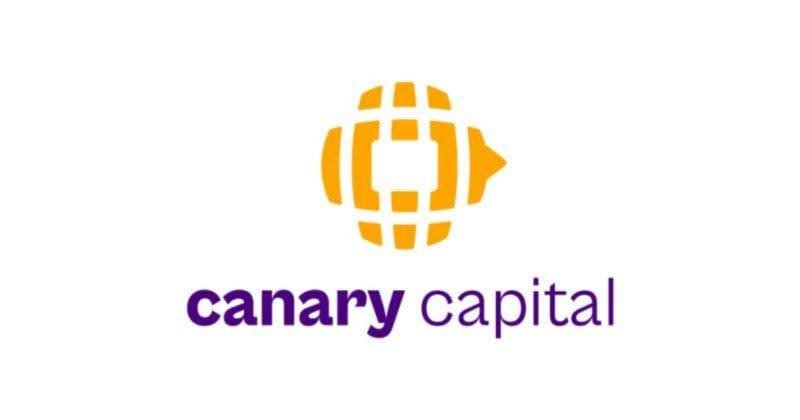HD Hyundai Says AI Could Accelerate Trump’s Push to Revive US Shipbuilding
TLDRs;
- AI integration could drastically speed up US shipbuilding as HD Hyundai deepens partnerships with major American tech firms.
- South Korea’s US$150B pledge strengthens a Trump-backed initiative to modernize and retool America’s declining shipyard capacity.
- Digital twin technology from Siemens and Nvidia promises up to 30% faster production and fewer manufacturing bottlenecks.
- HD Hyundai’s upcoming AI Master Agent aims to automate ship design, cut costs, and reduce reliance on manual workflows.
HD Hyundai Heavy Industries, one of the world’s most influential shipbuilders, says artificial intelligence could play a decisive role in helping the United States revive its long-struggling shipbuilding sector, a strategic goal closely linked to President Donald Trump’s renewed push for industrial re-shoring and military expansion.
The company believes the convergence of American software capabilities and Korean manufacturing expertise represents a “historic opportunity” to redesign the way modern shipyards operate. According to Aerin Jungmin Lee, head of AI strategy at HD Hyundai, advanced computing power from US partners paired with South Korea’s large-scale shipbuilding systems could sharply reduce production bottlenecks and accelerate output across both military and commercial fleets.
Lee noted that shipyards remain constrained by legacy workflows, communication challenges, and labor-intensive design cycles. “AI gives us a path to break through structural inefficiencies,” she said, emphasizing that US-Korea partnerships can redefine global shipbuilding standards rather than merely improve them.
Massive US–Korea Deal Adds Momentum
This renewed optimism comes on the heels of a major geopolitical-economic agreement: South Korea has pledged US$150 billion to support the revival of the US shipbuilding industry as part of a new trade deal with Trump.
The commitment marks one of the largest industrial cooperation pledges between the two nations and directly aligns with Washington’s push to rebuild strategic manufacturing capacity on American soil.
For the US, where decades of underinvestment and rising global competition have eroded domestic shipyard capabilities, the partnership offers a chance to catch up, fast. For South Korea, it expands global influence in a field where it already commands world-leading technical expertise.
AI Partnerships With Google, Palantir, and Anduril Deepen
HD Hyundai has been steadily expanding its AI ecosystem in the US, working closely with giants like Google, Palantir Technologies, and Anduril Industries. These collaborations span cloud infrastructure, analytics, defense automation, and next-generation shipyard tools.
Earlier this year, the company highlighted significant progress in its multi-year collaboration with Palantir and Siemens. First announced under the “Future of Shipyard” (FOS) initiative, the partnership aims to reengineer shipyards through AI-driven automation and high-fidelity digital twin models.
The FOS project, which began in 2021 and is slated for full completion by 2030, could reduce shipbuilding time by up to 30%, according to internal projections. By digitizing entire production lines, from steel processing to hull assembly, HD Hyundai expects to drastically reduce dependency on manual decision-making.
Palantir’s Foundry platform has already been integrated into multiple stages of Hyundai’s operations, enabling real-time tracking, planning, and simulation capabilities. Siemens, meanwhile, collaborated with Hyundai using Nvidia’s powerful graphics technology to build detailed digital twin models showcased at GTC 2024.
New AI Tools Enter the Workforce
HD Hyundai is also rolling out its own AI-led innovations. The company recently launched an AI-based translation system to improve workplace communication among its globally distributed teams.
Later this year, it plans to debut the Shipbuilding AI Master Agent, a comprehensive automation platform designed to streamline ship design, production scheduling, and quality control.
Collectively, these tools aim to transform traditional shipyards, long associated with heavy manual labor, into data-driven manufacturing hubs capable of adapting quickly to shifting global demand.
The post HD Hyundai Says AI Could Accelerate Trump’s Push to Revive US Shipbuilding appeared first on CoinCentral.
You May Also Like

Canary Capital Finalizes Spot Litecoin ETF Filing with 0.95% Fee, Ticker LTCC

Why Is Crypto Down Today? – November 28, 2025
